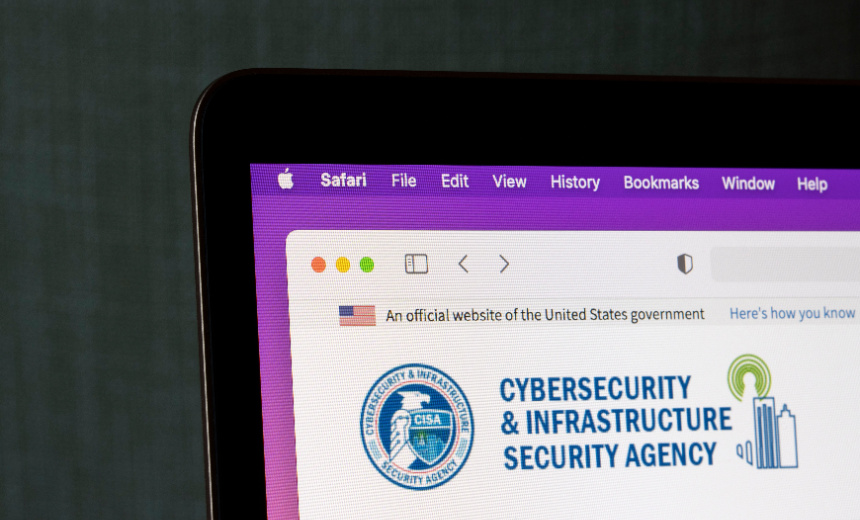US Cyber Agency Denies Looming Deadlines Amid Reports of Expanded Workforce Buyouts

The U.S. Cybersecurity and Infrastructure Security Agency (CISA) recently found itself at the center of a swirling controversy regarding false reports of imminent buyout deadlines and expanded resignation offers. CISA officials promptly took to public forums to clarify that these claims were false, labeling them as misinformation that has unnecessarily exacerbated the confusion within the agency, especially in light of ongoing federal downsizing efforts.
As rumors circulated late last week, various news outlets reported that CISA was extending buyout options to probationary employees who had recently been reinstated and subsequently placed on administrative leave. The reports alleged that these employees were facing a tight deadline to accept one of three resignation packages by the following Monday, which only fueled further confusion and anxiety within an agency already grappling with staffing challenges resulting from budget cuts. CISA has been under intense pressure to maintain effective cybersecurity protocols amid nationwide worries over national infrastructure vulnerabilities.
In an official statement, a spokesperson for CISA reiterated that there is, in fact, no deadline facing employees concerning the acceptance of deferred resignation, voluntary buyout, or early retirement through the Department of Homeland Security’s “workforce transition program.” This assertion sought to alleviate some of the pressing concerns plaguing employees who were already grappling with uncertainty surrounding their positions and the agency’s direction. With ongoing reports of potential downsizing affecting divisions and critical partnerships, the message aimed to restore some semblance of stability.
The backdrop of these allegations underscores a broader theme in the current administration’s approach to federal workforce management, particularly within the cybersecurity space. Observers noted that CISA—initially spared from the batch of federal layoffs—has now been drawn into a contentious atmosphere around cybersecurity leadership. This has been highlighted by significant changes, including the dismissal of the head of U.S. Cyber Command and an executive order that targeted former CISA Director Chris Krebs.
Additionally, a wave of senior advisors and key figures at CISA has announced their departures, raising concerns among staff about the agency’s future. Among those leaving are professionals who played crucial roles in the establishment of strategic initiatives, such as the “Secure by Design” program aimed at enhancing national cybersecurity structures. The uncertainty regarding the number of employees who have opted for buyouts reflects the pervasive anxiety within the workforce about the agency’s stability and effectiveness moving forward.
Multiple current and former employees spoke about the climate of distrust and misinformation within the agency. Reports of targeted layoffs, suggesting that up to a third of the workforce may be at risk, complicate daily operations and decisions for countless staffers. This environment has prompted some employees to seriously discuss the prospects of transitioning to the private sector, exploring options that might offer more job security compared to the tumultuous landscape of federal service.
For the immediate future, CISA has clarified that the only existing deadline related to workforce transitions applies specifically to employees aged 40 and older, who have until May 21 to decide whether to accept a buyout offer. Federal regulations necessitate expanded decision-making time for this demographic, while other eligible employees faced a deadline of April 14. Notably, employees who have not completed their probationary period remain ineligible for the buyout program, adding another layer of complexity to the agency’s staffing issues.

